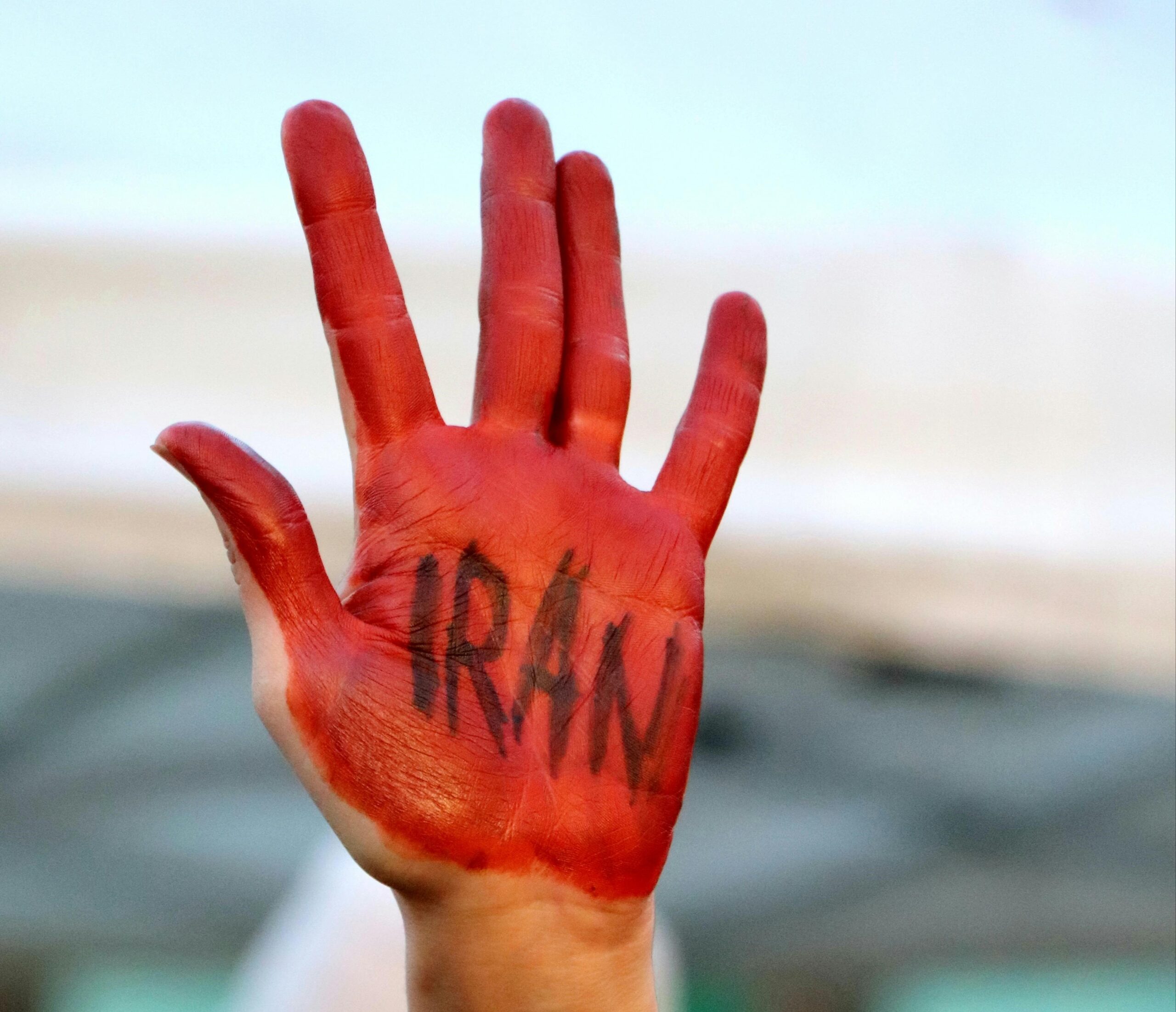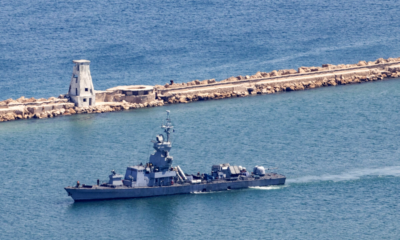
Israel

Israel versus Iran round one – who’s the winner?
Iran launched a major missile attack on Israel on 13 April, which included more than 300 suicide drones, cruise, as well as ballistic missiles. This was in retaliation for an Israeli air strike on 1 April that killed seven Iranian officers, including a top general, at a building adjacent to the Iranian embassy in Damascus. Israel’s response has been shrouded in secrecy, but according to The Economist, Israeli jets are thought to have fired several air-launched ballistic missiles towards an air base near the Natanz nuclear complex south of Tehran. The exact details of damage caused aren’t clear, as neither side is talking, but it seems clear that Israel did some damage to a radar system at the air base, while Iran did some damage to an Israeli air base, Nevatim, in southern Israel. So, the question is, who came out on top after this little bit of sparring?
The preliminary question is what Iran was trying to achieve with its barrage. It did give the United States (US) [and therefore indirectly Israel] a 72-hour notice of the attack, so it clearly wanted to avoid mass casualties which would have led to a regional war. However, this was far more than a “fireworks display”, as some commentators have called it, as shooting about 350 missiles at a country is a serious escalation. So, the correct answer is more nuanced. While wanting to avoid mass casualties, Iran wanted to send a serious message to Israel that assassinating its top generals is a red line, and crossing it will invite direct retaliation. It clearly wanted to cause some damage to a military site to send this message, hence the amount of missiles shot and in particular at the airforce base in the south. The real question, then, is whether Iran achieved strategic and tactical success with its military operation.
The first issue to stress is that in shooting about 350 missiles at Israel and causing minimal damage, Iran didn’t look strong as it had hoped to. Although the size of its attack took the US and its allies by surprise, the fact that they were, in conjunction with Israel, able to deal efficiently with the onslaught, clearly gave the military initiative to Israel.
Secondly, and more importantly, the massive barrage helped to end Israel’s growing isolation, and countries that a week before were condemning the death of the seven World Central Kitchen aid workers were now suddenly all acting together in support of Israel. It seems that even France, Jordan, and Saudi Arabia, to a lesser or greater extent, were involved in assisting, and suddenly, the Israel-Sunni alliance came out into the open for the first time. Iran helped to formalise an alliance which hitherto had been in the shadows.
Thirdly, the attack actually did a disservice to the Palestinian cause. The humanitarian problems in Gaza were crowded out of the news and replaced by a far greater concern among Western nations of avoiding a major regional war. Countries that had been calling for an arms embargo, including Israel’s closest allies, were now far more concerned about protecting Israel against further Iranian attacks and sanctioning Iran instead. The arms embargo calls have suddenly gone quiet. As The Economist said, “Its mass drone and missile attacks triggered renewed sympathy for Israel, and crossed a Rubicon that has already drawn widespread condemnation.” The World Central Kitchen issue has now been forgotten, and the organisation has restarted operations in Gaza. Even the European Union has agreed to expand sanctions on Iranian producers of drones and missiles following the attack on Israel, and moved away from talks of sanctioning Israel.
Israel’s response
With this background in mind, Israel’s response became very tricky. Having 350 drones and rockets shot at it meant it had to respond somehow, but it had to avoid losing the new-found diplomatic support it had gained and also avoid setting off a regional war. To this end, it seemed to have found the right balance. The exact details of Israel’s response are still not well known, but, as discussed above, it seems that several ballistic missiles were fired at an Iranian air base near a nuclear complex south of Teheran. The Economist reports that the missiles scored a direct hit on a radar system at the base, which was designed to track incoming air and missile threats, and, again according to the publication, the radar system was left non-operational.
This response was small enough not to start a regional war, but strategic enough for Israel to make the point that it could strike Iranian air-defence systems and the sites they are meant to protect without ever entering Iranian air space. This must be causing concern for the Iranian leadership.
Who is ahead on points?
It’s really not clear how much damage each side did to the other militarily. The details are sketchy and not much has been revealed. There’s no doubt that Israel won the diplomatic battle, and probably the strategic one given what was discussed above. However, the question is, why did Iran go “so big” and shoot 350 missiles and rockets at Israel? Surely, it could have got its message across by shooting fewer missiles, which would have created less of a diplomatic incident? The answer seems to be that it wanted to “dramatically change the strategic equation” and, as discussed above, show Israel that killing Iranian generals is a red line that would invoke a severe military response. Remember, when the US assassinated Qasem Soleimani, another senior Iranian general, in a targeted drone strike on 3 January 2020 in Baghdad, Iran similarly launched missiles against US military bases in Iraq, wounding many American troops.
The key discussion point, therefore, to determine who ultimately won this round, is whether the Iranian response will in fact deter future Israeli strikes on its generals and military in Syria. Of course, it’s too early to tell at this stage, and therefore we’ll have to wait to see how this plays out before it’s possible to determine a winner in round one of this battle.
- Harry Joffe is a Johannesburg tax and trust attorney.










